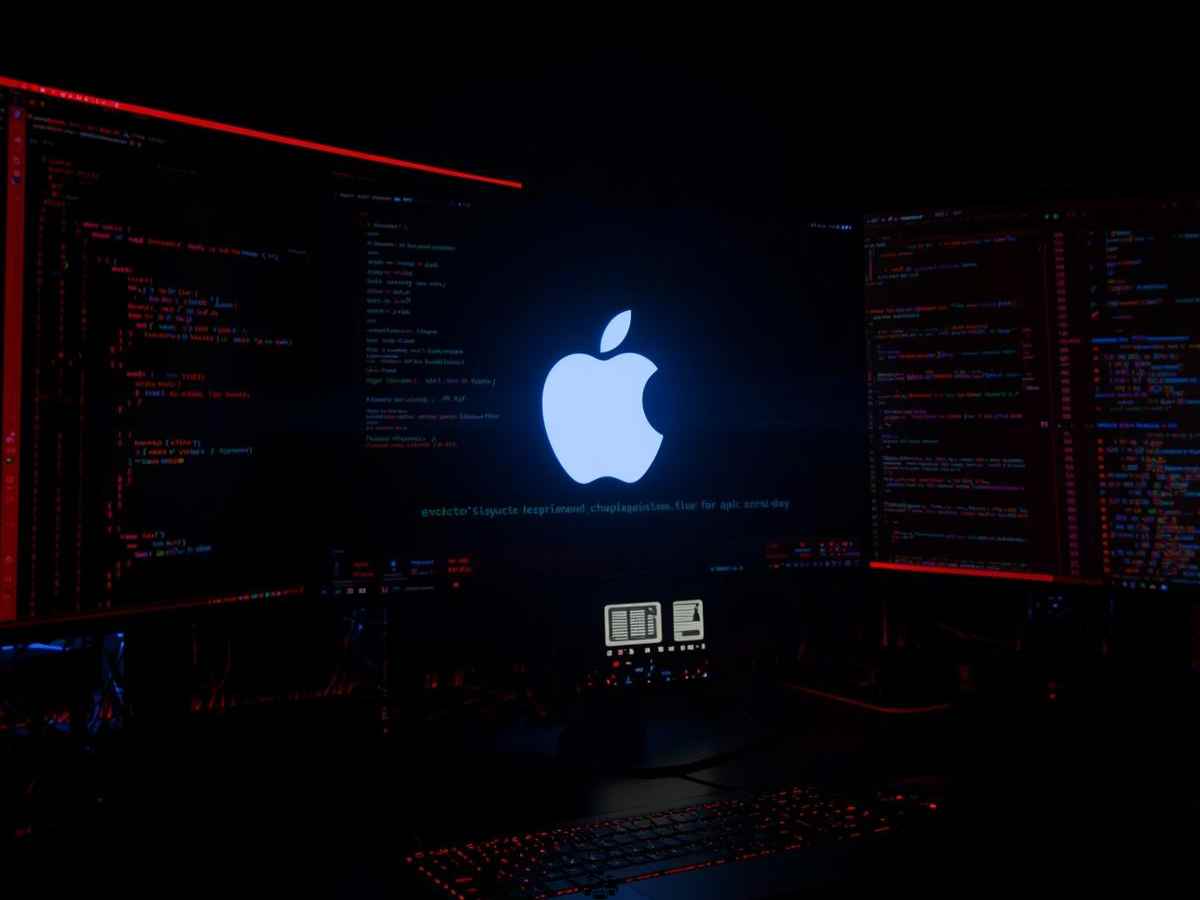While scrolling through endless videos about AI’s latest superpowers of writing poems, coding apps, passing exams, and making coffee (okay, maybe not that yet), a curious thought hit me: Can AI replace soft skills?
At first thought, it feels like a no-brainer. I mean, AI seems to be doing everything. It answers questions faster than your best friend, solves math problems without complaining, and even gives dating advice (AI gives advice, but whether that advice understands your feelings or situation deeply is doubtful). But can it really replace the subtle magic of soft skills? Let’s find out.
What Exactly Are Soft Skills?
Soft skills are the warm, interpersonal (yet powerful) traits that make us human, such as emotional intelligence, creativity, empathy, adaptability, communication, teamwork, and judgment. These are the skills that help you resolve conflicts, comfort an emotional friend, lead a team through chaos, or come up with ideas that change the world (or at least the office environment).
Now imagine a robot trying to calm down your friend after a breakup by saying:
“According to statistics, there are 3.9 billion fish in the sea. Please stop crying. Error. Water detected.”
Not very comforting, right? Sounds like someone giving you logical solutions where you need an emotional one.
The Great AI Illusion: Fast, Smart… but Human?
AI can tell you how to develop emotional intelligence, but it doesn’t have emotional intelligence. Sure, it can detect tone, mimic empathy, and even give you feedback on how to sound more polite in an email. But real emotional connection? That takes heart, not hardware.
AI may shine in logic, speed, and information recall. But it’s not crying when you’re heartbroken, it will not clap when you finally present that scary pitch, and it’s definitely not giving you a knowing smile across the room when your boss cracks a terrible joke.
The Myth of Robot Empathy
Let’s imagine a scenario.
You: “I had a tough day. My boss didn’t like my presentation.”
AI: “Understood. Would you like a motivational quote or a revised PowerPoint?”
Can you see the problem?
AI is smart. It can simulate a therapist, a teacher, or even a friend. But it is like ordering food in a video game. It looks real, but it won’t fill your stomach. True empathy comes from lived experiences by talking to different people and understanding their thoughts and feelings. We connect through vulnerability, shared struggles, and unspoken emotions, not just words.
Decision-Making: AI vs. Human Brain
AI makes decisions based on data, algorithms, and patterns. Humans make decisions with a sprinkle of experience, a pinch of intuition, a handful of emotional awareness, and a dash of “gut feeling.”
One day, I asked ChatGPT (yep, this guy!) to make a decision for me, “Should I go to this party or just stay home in my personal space with popcorn?”
It gave me a very logical breakdown: socializing is good for networking, fun boosts mental health, and saying yes creates opportunities. It was like getting advice from a super-organized life coach. But something was missing. It didn’t know that I was emotionally drained, had a long week, or that the idea of small talk with strangers made me want to hide behind the snack table.
In the end, I followed my gut. Because data is helpful, but decisions? They’re personal.
Creativity: Copy or Create?
AI can generate stories, design logos, and even compose music. But let’s face it, most of what it does is remix existing knowledge. It’s like a very smart DJ, not a composer of the next Beethoven symphony.
Humans? We take inspiration from our environment, from rainy days, from a cup of tea, and from a street dog’s smile. We dream. We imagine things that have never existed before.
Yes, AI can create a painting that looks like Van Gogh. But it can’t paint it like Van Gogh, painted from pain, from passion, from madness and love. AI paints from pixels.
Communication: More Than Just Words
Effective communication is not about what you say. It is how you say it. The pauses, the raised eyebrow, the little laugh at the end of a sentence, the comforting silence after someone opens up.

Can AI do all this? Not really. It can generate grammatically perfect emails and even add a smiley if you ask nicely. But genuine communication, the kind that builds trust and makes someone feel seen, is still a human superpower.
The Soft Skills That Will Survive the Robot Uprising
(Okay, slight exaggeration. But you never know.)
Here are a few soft skills that are future-proof, the ones AI can’t touch:

Empathy: To understand others on a human level. To feel the pain and feelings of others.
Active Listening: To be present and actually listening, not just processing words.
Conflict Resolution: Calming tension, not just offering Google Docs.
Leadership: Inspiring real people, not just giving instructions.
Adaptability: Adjusting to emotions, change, and unplanned chaos. To adapt to the new changes.
Humor: Yes, AI can tell jokes, but can it make you laugh with the perfect comeback? Doubtful.
The Future is Human + AI, Not Human vs. AI
Let’s be honest. AI is not the villain, it’s a tool. It’s like a really smart assistant, not your emotional replacement. In fact, the rise of AI is making soft skills more important. As machines take over technical tasks, humans are needed for what can not be coded: leadership, collaboration, and compassion.
Imagine a workplace where AI takes care of data-heavy, logical, and repetitive tasks, like crunching numbers, generating reports, and analyzing trends, and humans focus on the subtle, complex, emotional parts, like understanding team dynamics, resolving conflicts, leading with empathy, and making judgment calls. Sounds like a dream team, right?
Final Thoughts
So yes, AI, I see you. You are brilliant, fast, and honestly quite impressive. But when it comes to soft skills, the stuff that makes us human, you have still got a long way to go.
It can coach us on communication, sure. It can suggest better ways to collaborate. But it can not feel the goosebumps of a powerful story, the joy of shared laughter, or the warmth of a real hug.
And for that reason, dear AI, soft skills are here to stay. They are not just important; they are irreplaceable.
Now, excuse me while I go teach a robot how to smile naturally.
This isn’t the end. It’s the awkward ‘please follow us’ part. LinkedIn and Instagram. You know what to do.






